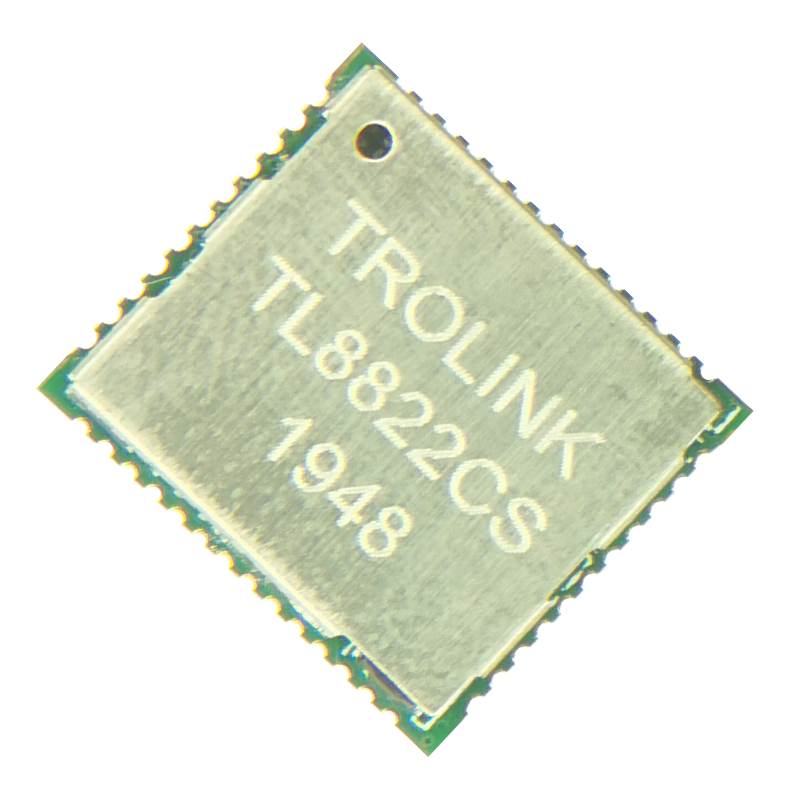
In the era of interconnected devices and Internet of Things (IoT), smart homes have become increasingly popular. Smart homes offer convenience, security, and energy efficiency, providing homeowners with a seamless living experience. However, the backbone of this seamless connectivity lies in WiFi modules, which serve as the key communication component in smart home systems.
WiFi modules, also known as wireless modules or WiFi chips, are small electronic devices that enable wireless communication between various smart home devices and the internet. These modules utilize radio signals to transmit data, allowing devices to connect and interact with each other seamlessly.
One of the greatest advantages of WiFi modules is their compatibility with a wide range of devices. From thermostats, security cameras, and lighting systems to home appliances and entertainment devices, WiFi modules can connect virtually any smart home device to the internet.
WiFi modules offer a reliable and high-speed connection, allowing smart home devices to communicate with each other and with the homeowner. With WiFi modules, homeowners can remotely control and monitor their smart devices through mobile apps or voice commands, regardless of their location.
Moreover, WiFi modules support mesh networking, which enhances connectivity in larger properties. Mesh networks consist of multiple interconnected WiFi access points, ensuring a strong and uninterrupted signal throughout the entire home. This enables seamless communication among devices even in challenging environments.
Security is a critical concern in smart homes, as interconnected devices are vulnerable to potential cyber threats. WiFi modules play a vital role in ensuring the security and privacy of smart homes. They utilize encryption protocols to protect the data transmitted between devices, preventing unauthorized access and safeguarding sensitive information.
Additionally, WiFi modules support authentication mechanisms, such as WPA2 encryption, which requires devices to authenticate themselves before connecting to the network. This further strengthens the security of the smart home ecosystem.
The technology behind WiFi modules continues to evolve, offering enhanced capabilities for smart homes. Advanced WiFi modules now support emerging technologies like 5G and edge computing, enabling faster data transfer and reducing latency. This opens up possibilities for more sophisticated applications in smart homes, such as augmented reality (AR) and virtual reality (VR) experiences.
Furthermore, WiFi modules are becoming smaller, more power-efficient, and cost-effective. This allows manufacturers to integrate them into a wider range of devices, making smart homes more accessible and affordable for consumers.
In conclusion, WiFi modules serve as the foundation for seamless connectivity in smart homes. These small yet powerful devices enable communication between various smart home devices and the internet, enhancing convenience, security, and energy efficiency. With evolving technology and future advancements, WiFi modules continue to revolutionize the way we live in our smart homes, making our lives more connected and comfortable.
 Trolink Joint With Tuya to Make Iot Benefit Every Family
Trolink Joint With Tuya to Make Iot Benefit Every Family
 5 Key Indicators for WiFi Module Selection You Have to Know !
5 Key Indicators for WiFi Module Selection You Have to Know !
 IOT module is the brain of smart products
IOT module is the brain of smart products
 What is the signal coverage range of the WiFi module chip?
What is the signal coverage range of the WiFi module chip?